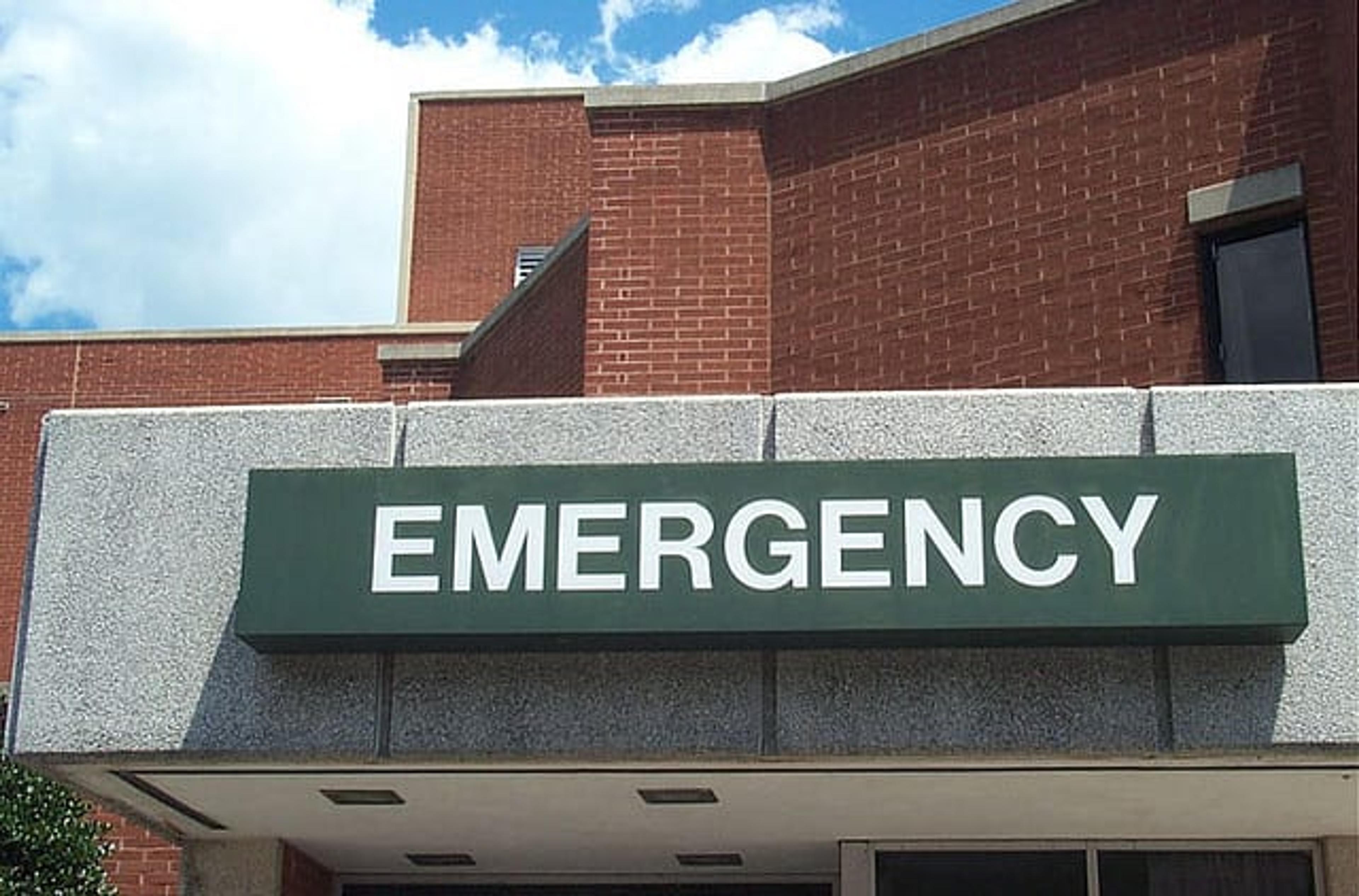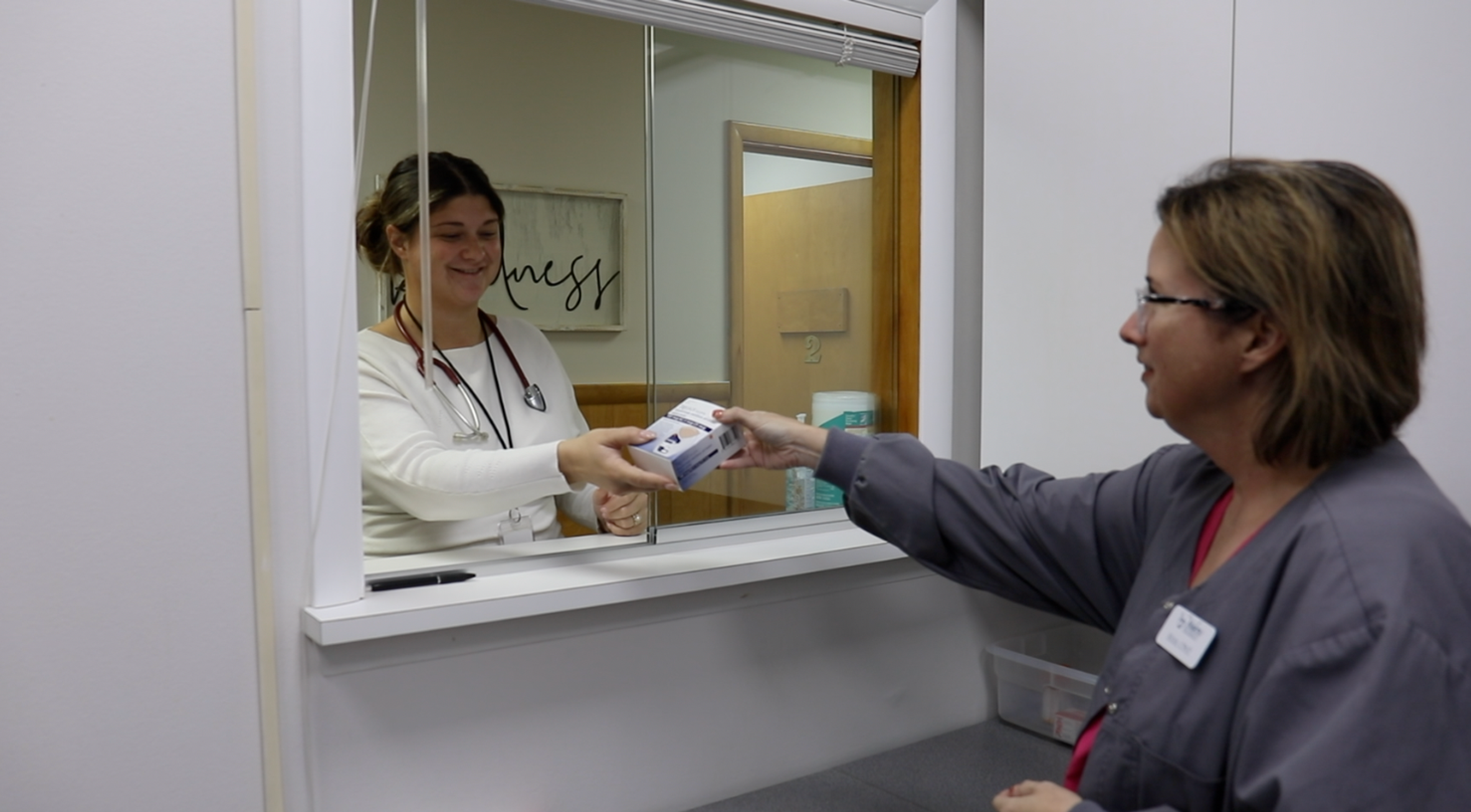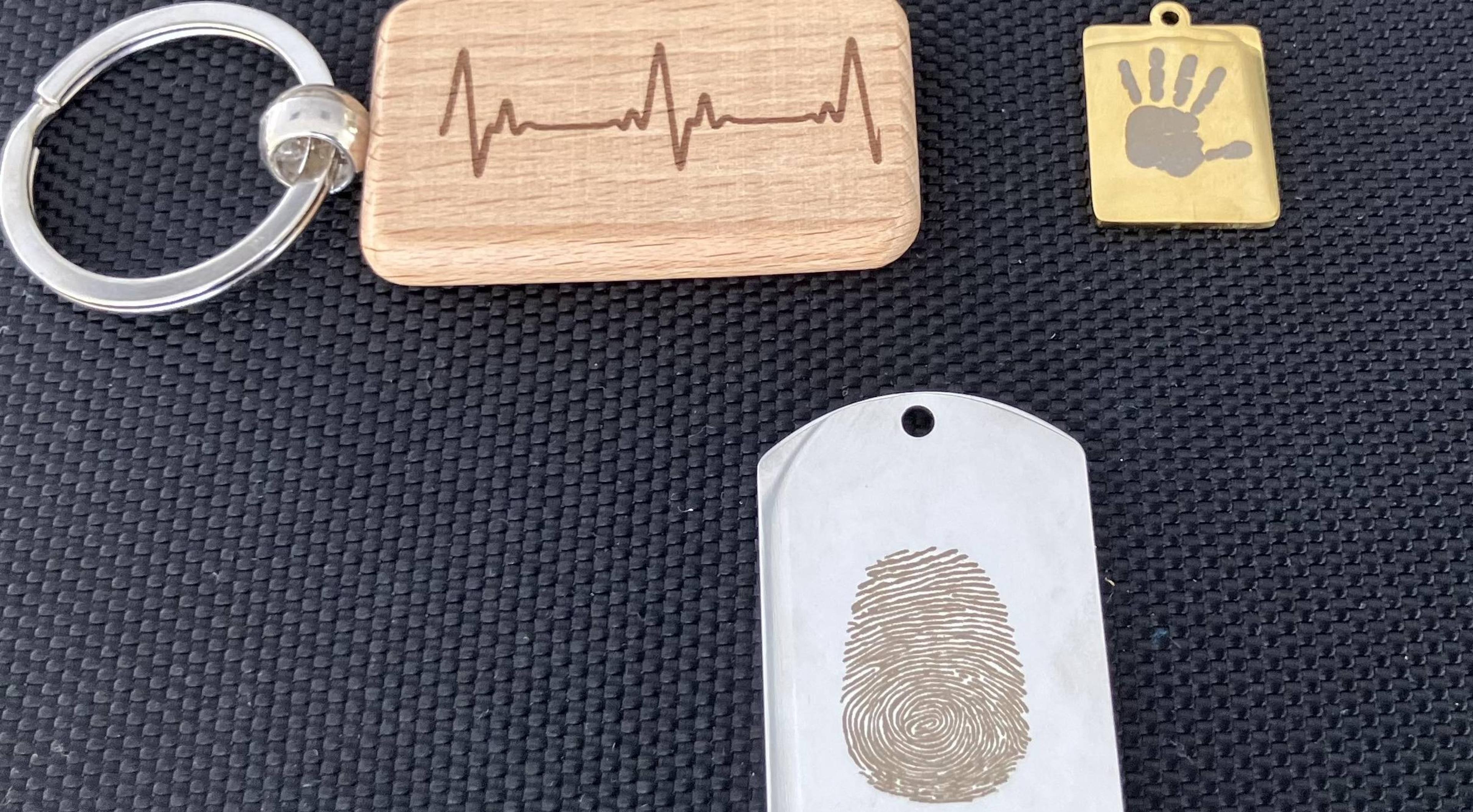Grant Will Help Reduce Reliance on Emergency Room Care for Low-Income Genesee County Residents
Julie Bitely
| 4 min read

When low-income, uninsured individuals seek treatment at an emergency room (ER), their next steps after walking out the door are critical. They often need prescription medication and follow-up care, but don’t always have the means to secure either. Some are in a transition period from being uninsured to insured through the Affordable Care Act, and don’t understand how to access their benefits. Others may not be eligible for Medicaid or other insurance and may remain uninsured. Their conditions often go untreated and they ultimately end up back in the ER as a result. A $70,000 grant from the Blue Cross Blue Shield of Michigan Foundation and Blue Cross Blue Shield of Michigan aims to help low-income, uninsured and newly insured Genesee County residents get the care they need after an ER visit. The two-year grant was made to support the safety net partnership among Genesee County’s three hospitals, Genesee Health Plan, Hamilton Community Health Network, and the Genesee County Free Medical Clinic. The funding will support treatment and medications for patients transitioning into health plans for the first time and will cover adults being discharged from emergency rooms and hospitals who are in need of primary care, medications, and other follow-up care during their transition. The partnership will increase referrals to the free clinic when patients are discharged from hospitals, providing them with a short-term medical home, and raising awareness about their options for coverage under the Affordable Care Act. Rima Kudish is the free clinic’s executive director. She said the grant will help county residents make the transition from uninsured to a permanent medical home, with the clinic serving as a sort of halfway house. Meetings and conversations took place before the program was put in place in December between clinic staff and discharge planners and social workers at the hospitals. Kudish said the program works, giving hospital staff a place to send patients who need help and aren’t able to wait until they’re fully insured. Diabetes patients are able to come to the clinic for their insulin needs. Patients diagnosed with thrombosis can acquire needed medications. It sounds small, but Kudish said getting this kind of help can help people avoid serious complications and even death. It also stops the merry-go-round visits to the emergency room when medications aren’t being filled or taken as prescribed and health conditions deteriorate. “We help them to survive and not go back to an emergency room,” Kudish said. Reducing reliance on emergency room care saves money, as a visit to the ER is estimated to be ten times higher than to a free clinic in terms of healthcare costs. Kudish said clinic staff also serve as health insurance educators for patients, helping them to understand how to get insurance or how to fully use it once they do have it. “They need to be educated about what’s going on and what benefits they can get from that,” she said. Kudish said the clinic plays an absolutely vital role in ensuring patients receive the care they need. When asked where else they would go for health care if the clinic didn’t exist on a survey, clinic patients overwhelmingly mentioned the emergency room. Others said they didn’t know or probably just wouldn’t seek medical attention. This is especially important in Genesee County, which ranked 76th among Michigan counties relative to a healthy physical environment for its citizens to live, and 77th relative to the practice of healthy behaviors. More than 12 percent of Genesee County residents lack health insurance, most of them working adults. Compared to those with public or private health insurance coverage, uninsured working adults are three times more likely to report not seeing a physician when needed, overusing emergency rooms and not receiving preventive services. Read more about the grant here and about BCBSM’s commitment to strengthening the health care safety net for low-income individuals. The Blue Cross Blue Shield of Michigan Foundation supports research and programs to improve the health of Michigan residents. No grant money comes from the premium payments of Blue Cross Blue Shield of Michigan members. To learn more about BCBSM Foundation grant programs, visit bcbsm.com/foundation. Photo credit: Taber Andrew Bain





